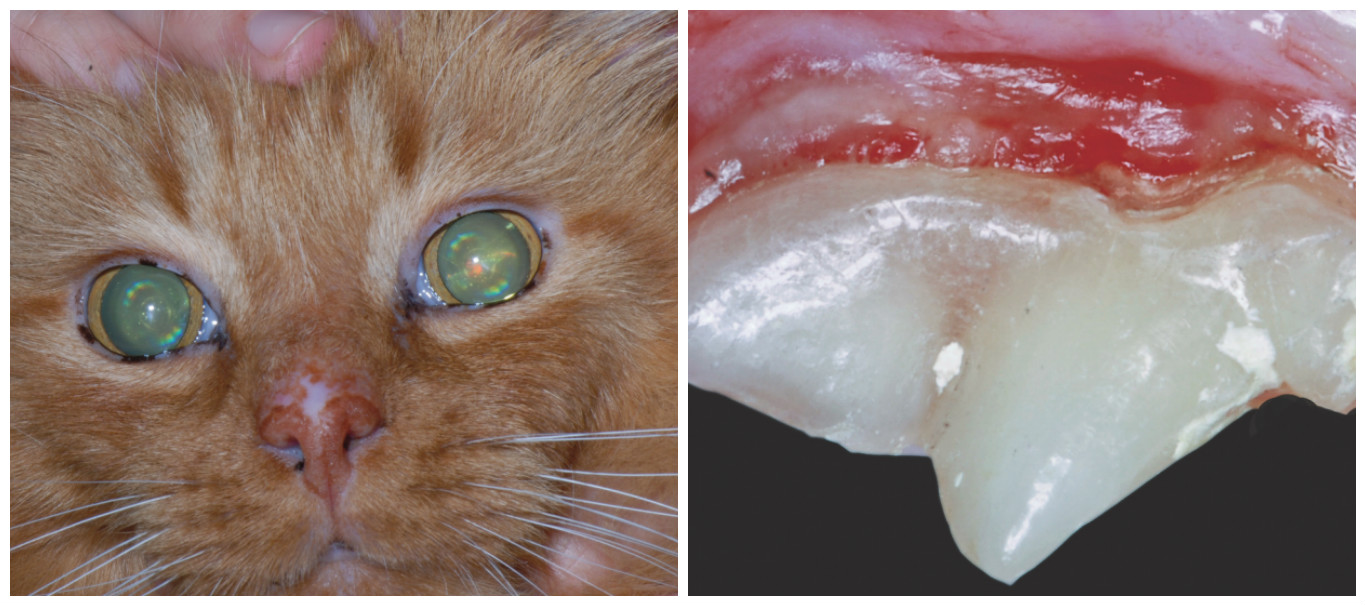
The current study utilized veterinary records from September 2009 until. Outdoor kitties tend to have a shorter lifespan because they face elements indoor cats dont.

The oldest cat shes seen in her years practicing as a veterinarian was well youll just have to watch to.
How many years can cats stay live. Indoor cats live on average between 9 15 years which in human terms is between 53 and 77 years of age. It is estimated that 20 of cats in the USA are now living beyond 11 years of age. However some cats can live beyond that.
Siamese cats in particular are known for their longevity and it is not uncommon for them to live into their 20s. How Long do Cats Live What is the Average Lifespan of a Cat. A typical cats life expectancy is 12 18 years.
But go back just three decades and cat lifespan was significantly lower at just 10 15 years. Based on a survey of 10 reputable sites that discuss the average domestic cat the numbers are more inconsistent ranging from 10 to 20 years. The average domestic cat.
In fact some cats may live as long as between 23 and 36 years if theyre healthy and strong. Remember these numbers are average which means your cat. Michel explains that cats tend to live a bit longer than dogs.
The oldest cat shes seen in her years practicing as a veterinarian was well youll just have to watch to. Everyone whos ever been a cat parent knows that cats are usually expected to live for more than 12 years nowadays. But what they might not know is that back in the 70s or 80s cats used to live to be just a little over seven years old.
In 1995 their life span had already been dramatically increased with most cats reaching the age of 9. While the number of hours a cat can remain alone might vary experts advise against ever leaving a cat on its own for more than 24 hours. If you need to leave your cat for extended periods of time then check out the alternatives to leaving your cat alone.
Although there is no definitive answer to how long the loose consensus of veterinarians and dog experts is that four hours alone is fine for most dogs but longer than four hours can be hard on. While indoor cats can live up to 10 to 15 years outdoor cats lives a dramastically shorter lives with an average of 2 to 5 years. Quality pet care can extend your felines life.
A cats lifespan depends on many factors including breed lifestyle and diet. Outdoor kitties tend to have a shorter lifespan because they face elements indoor cats dont. In general most cat breeds are expected to live to around 12 years old but some make it to 18 or 20.
Domestic cats can live for up to 20 years. Factors such as diet healthcare and environment can have an impact. Neutered cats tend to live longer.
Cats have six key life stages which can help to understand certain healthbehavioural problems. Officially recognized as the worlds oldest cat by Guinness World Records Corduroy has certainly exceeded the life expectancy of a cat by more than 10 years. With routine vaccinations and vet checkups plus a spaying or neutering can cause an indoor cat to easily thrive into her teens or beyond.
The average life span is 12 to 15 years. Anyone with a cat in their life will know that theyre probably going to stick around for a while with the average lifespan of indoor house cats these days hitting an impressive 12 to 15 years. This has increased dramatically over the past few decades with the average cat living to just seven years in the early 1980s and just over nine years in 1995.
In the wild domestic cats average a lifespan between four to five years. Dangers like cars predators being captured and euthanized by animal control and lack of food and shelter often lead to a shorter lifespan for feral cats. Cats are considered seniors by age 10 and cats typically stop producing offspring by the time they are 11 or 12.
Sources report the average life span of cats to be from 10 to 14 years but little is known about what might cause some cats to live longer lives than others. The current study utilized veterinary records from September 2009 until. Spayed and neutered cats are proven to live on average three to five years longer than cats that are not spayed or neutered.
So not only will spaying and neutering prevent unwanted litters of kittens and unpleasant urine marking it could give you more years with. Actually converting cat years to human years is anything but straightforward. For example if a 10-year old cat lives exclusively outdoors their human-equivalent age becomes 88 rather than 56.
This is a great illustration of just one of the many factors that impact a cats life expectancy.